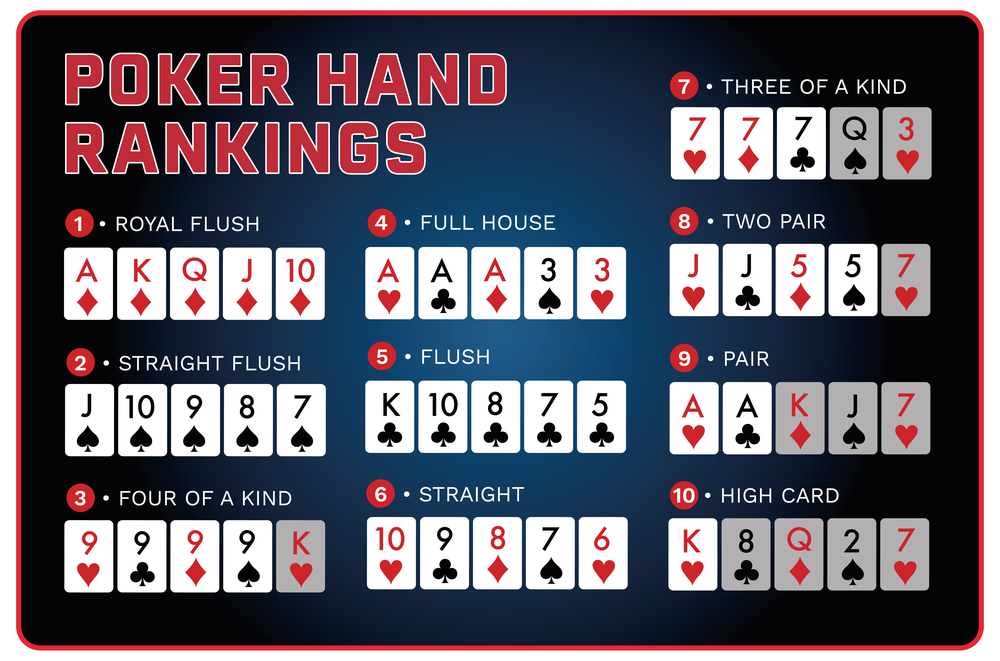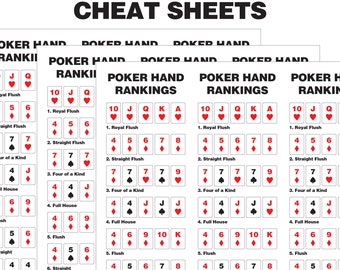
 Take enough time to make your decisions (Rushing is a terrible habit that stands in the way of making the most profitable moves and analyzing all information, so always take as much time as you need when making decisions.). Be aware of your position (Your position plays a huge part in choosing which hands to open and when to fold, so having a good understanding of how to adjust your play based on position will help you a lot.). Understand the math part of the game (Poker is a numbers game for the most part, so understanding odds and probabilities will help you make much better decisions.). Always have a suitable bankroll (Having a sufficient bankroll to outlive the games' variance is also vital and will prevent you from busting all of your money.).
Take enough time to make your decisions (Rushing is a terrible habit that stands in the way of making the most profitable moves and analyzing all information, so always take as much time as you need when making decisions.). Be aware of your position (Your position plays a huge part in choosing which hands to open and when to fold, so having a good understanding of how to adjust your play based on position will help you a lot.). Understand the math part of the game (Poker is a numbers game for the most part, so understanding odds and probabilities will help you make much better decisions.). Always have a suitable bankroll (Having a sufficient bankroll to outlive the games' variance is also vital and will prevent you from busting all of your money.).  Find the most profitable games (Table selecting is one of the most important things in poker and can drastically increase your win-rate when done correctly.). While this sounds complicated, a few general tips can help you play better at once: Poker is all about observing your opponents and adjusting in the best possible way to counter their strategy.
Find the most profitable games (Table selecting is one of the most important things in poker and can drastically increase your win-rate when done correctly.). While this sounds complicated, a few general tips can help you play better at once: Poker is all about observing your opponents and adjusting in the best possible way to counter their strategy. 
Essential tips: do’s and don’ts in Texas Holdem Just don’t forget that a poker cheat sheet should be used as your starting point to prevent massive mistakes, but you should always be looking to adjust these strategies against different players to maximize your EV and increase the win rate.

However, if you have exceptionally weak and passive players at your table, you can deviate from these charts and play more hands. The most important takeaway from that article is that you should use a balanced strategy whenever you play in a tough game or are up against intense competition. exploitative play to see the full picture. If you are not familiar with GTO (game theory optimal) concept, you should read an article about GTO poker strategy vs. These charts are made from the theoretical point of view and designed to prevent you from making mistakes and losing money, no matter who you play. When You Should Deviate From These Poker Cheat Sheets








 0 kommentar(er)
0 kommentar(er)
